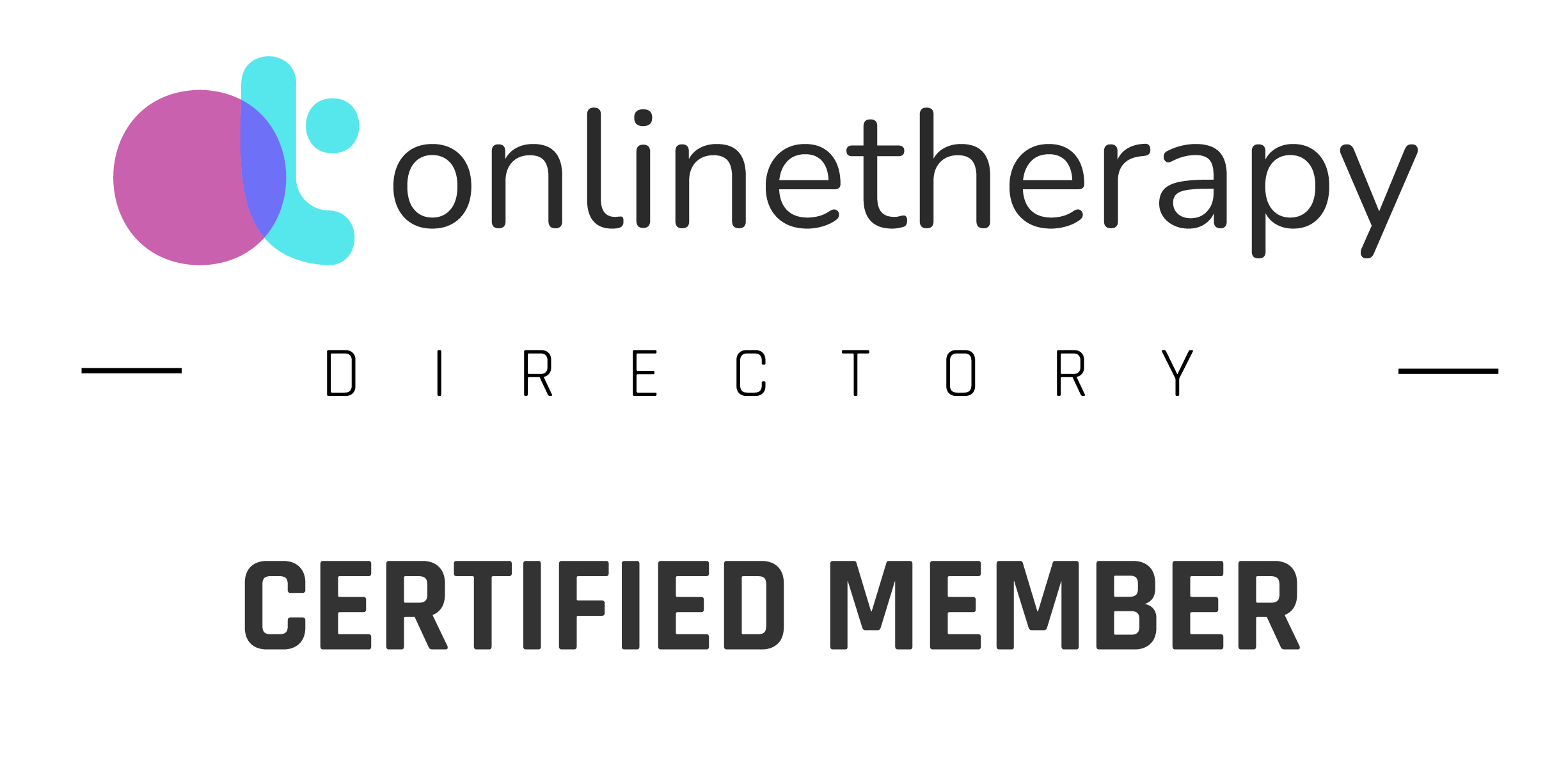In an era where information is at our fingertips, the internet is a vast repository of health-related knowledge. Yet, distinguishing credible information from fiction is crucial amid the wealth of data, especially in health information management. If you trust incorrect information, it can severely affect your health and well-being.
Let’s talk about health information systems and how to identify trusted sources for quality medical advice.
The Landscape of Online Health Information
The internet teems with various health-related content, from expert opinions to personal anecdotes. Blogs, articles, forums, and social media platforms contribute to this abundance, making it both a blessing and a challenge.

Identifying Credible Sources
In the vast sea of information, discerning trustworthy sources is paramount. Reliable websites, accredited institutions, and peer-reviewed journals are pillars of credibility. Additionally, seeking expert opinions and cross-referencing multiple sources can further reinforce the reliability of the information obtained.
Common Pitfalls and Red Flags
Misinformation and inaccuracies are prevalent in digital spaces, making it crucial to exercise caution. Look for red flags such as exaggerated claims, lack of proper citations, or biased information. Take the time to verify sources and cross-reference information from reliable and reputable sources to ensure accuracy. Your diligence in distinguishing fact from fiction will contribute to a more informed and trustworthy digital environment.
Understanding Medical Studies and Research
Interpreting medical studies necessitates a grasp of scientific methodology. Awareness of study designs, sample sizes, and peer review processes aids in gauging the reliability of health information.
Responsible Use of Online Health Information
Access to information requires responsibility. Verify facts, cross-reference information, and consult credible sources. Analyze information critically, consider various perspectives, and be mindful of biases. By taking these measures, we can be well-informed and make informed decisions based on accurate and reliable information.
Engaging with Healthcare Professionals
Seeking guidance from healthcare professionals remains a cornerstone of reliable health information. Their expertise and personalized advice contextualize online information to individual health needs.
Promoting Health Literacy and Education
Enhancing health literacy empowers individuals to navigate the digital health landscape effectively. Education initiatives and community programs play pivotal roles in fostering informed decision-making.
Health Information Management in Practice
Health Information Management professionals play a vital role in ensuring the accuracy, accessibility, and security of health-related data. Their expertise in organizing and safeguarding information contributes to a reliable healthcare ecosystem.
Professional and Accurate Mental Health Services
As the digital realm continues to evolve, the abundance of health information remains both a boon and a challenge. Navigating this landscape requires a discerning eye, critical thinking, and a commitment to seeking credible sources.
Engaging with healthcare professionals, promoting health literacy, and understanding the nuances of medical information are essential facets of responsible health information management. At Mind and Body Counseling Associates, we prioritize providing accurate and reliable health services for patient care, like psychiatric medication management, ensuring their well-being and peace of mind. Get in touch to schedule a session.


